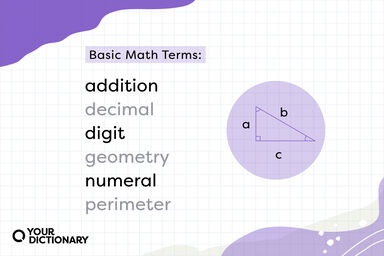Proportion Definition
Origin of Proportion
-
Middle English proporcion from Old French proportion from Latin prōportiō prōportiōn- from prō portiōne according to (each) part prō according to pro–1 portiōne ablative of portiō part perə-2 in Indo-European roots
From American Heritage Dictionary of the English Language, 5th Edition
-
From Middle English proporcion, from Old French proportion, from Latin proportio (“comparative relation, proportion, symmetry, analogy”), from pro (“for, before”) + portio (“share, part”); see portion.
From Wiktionary
Find Similar Words
Find similar words to proportion using the buttons below.





